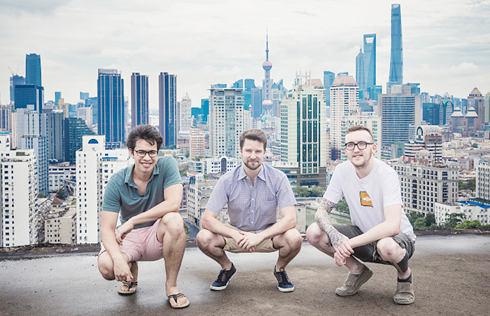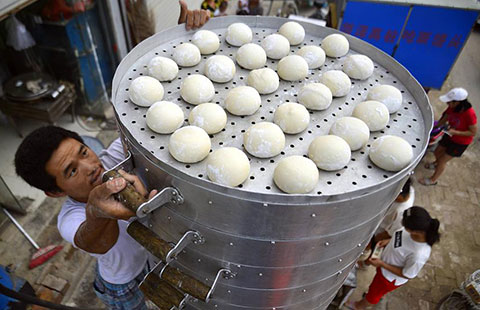IPO vetoes by watchdog soar
China's securities regulator has refused 46 A-share initial public offering applications this year, exceeding the total amount for the previous four years, a move to promote the reform of the registration-based IPO system and guarantee steady development of the stock market.
The 46 vetoes represent 13.6 percent of the 338 Chinese IPO applications reviewed through Aug 15 by China Securities Regulatory Commission, according to data from Wind, an information service provider.
The veto rate for each year from 2013 to 2016 was no higher than 7 percent.
For example, Zhuhai Topsun Electronic Technology Co, a supplier of flexible circuit boards, was not approved for listing because of questions about its connected transactions and high gross margin. Tibet New Boom Co, a chain enterprise operating its major business in home decoration, was asked to make clear whether its downward figures would have an impact on its ability to sustain profits.
"China's securities regulator is paying more attention to the authenticity and compliance of IPO documents as well as lowering the threshold of IPO applications, which are the two main reasons for the increasing number of and higher veto rate," said Dong Dengxin, a finance professor at Wuhan University of Science and Technology.
Dong said the moves by the China Securities Regulatory Commission are important for maintaining a regular pace of IPOs and promoting the reform of the registration-based IPO system.
"With more companies applying for IPOs and higher requirements on information disclosure, Chinese stock market will cultivate more excellent listed enterprises," Dong said.
Li Shuguang, a law professor at China University of Political Science and Law specializing in the securities market, said the Chinese government will be especially careful to maintain financial stability before the 19th National Congress of the CPC, which is one reason for stricter IPO examination and approval processes.
"China's securities regulator may also be experimenting (with) new regulations as the Securities Law being revised adds more content on information disclosure," Li said.
Wind data also showed that one third of the refused IPO applications were from companies with annual net profit lower than 30 million yuan ($4.48 million).
Dong said the regulator prefers companies with higher net profits because it can guarantee the interests of investors. But in the future, qualified companies with lower profits or even those with losses should be allowed to go public in the Chinese stock market.
The Shanghai and Shenzhen stock exchanges saw a surge of IPOs in the first half of 2017 as the securities regulator stepped up the pace of the approval process to clear the long queue of companies waiting to get listed.
There were 246 companies listed on the Chinese A-share market in the first half, raising 125.5 billion yuan, up by 336 percent year-on-year, according to accounting firm PricewaterhouseCoopers.

























